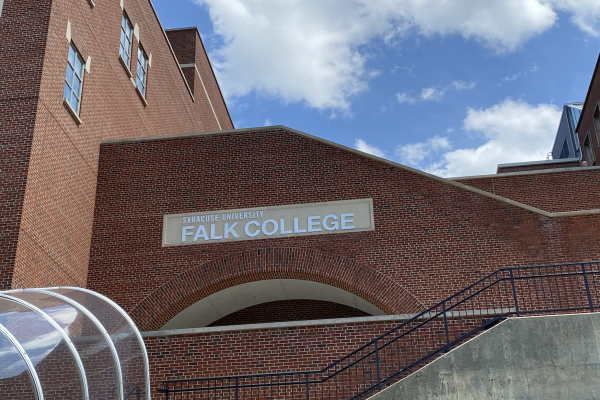By Sam Rothman SYRACUSE, N.Y. (NCC News) – Although lead has been banned from household paints since 1978, the chemical element is still causing issues today, especially for children here in Syracuse. That’s why the Onondaga County Health Department is hosting a series of town hall meetings at the John H Mulroy Civic Center this month to teach residents the best ways to fight lead poisoning.
Last year, 10.4 percent of children in Onondaga County tested positive for lead paint poisoning in their blood, according to the Onondaga County Health Department. To make matters worse, in Syracuse’s poorest neighborhoods, one in every four children tested in 2018 had lead poisoning. But, lead wasn’t just an issue last year; this problem has been going on for years. In fact, a 2016 study found Syracuse had the highest percentage of children with lead poisoning in the entire country from 2009 to 2015.
So now the question is, ‘Why is this issue so prevalent here in Syracuse?’.
Well, it all comes down to the housing environment here in the city. More than 90 percent of homes in Syracuse were built before 1978, meaning they were probably painted with lead paint. It also doesn’t help the situation that most children who were exposed to lead come from low-income homes. In Syracuse’s Southside neighborhood for example, almost 50% of the population lives below the poverty line, and health records show that about 24% of children living in those areas had elevated lead levels.
“When you look at houses that are older, really before 1978 that were built, most of those houses and those homes have lead,” said Onondaga County Executive Ryan McMahon, who is helping host the town hall meetings. “The issue is when the lead is exposed specifically to young children. So, we’re talking about old windows. We’re talking about paint. We’re talking about siding. We’re talking about doors.”
However, due to the high poverty levels in the city, many residents can’t afford to replace their windows and doors in order to get the lead out of their homes. But McMahon said financial help is on the way.
“There’s a lot of money available to get into these homes to fix these issues so our kids can be safe,” said McMahon.
Right now, Onondaga County has over 10 million dollars in grant money to combat the lead issue, which includes a 5.6 million dollar donation that was awarded just last Friday. McMahon said this money will help tenants pay for proper inspections and will also allow residents to make the necessary changes to their homes to limit lead exposure. Homeowners and landlords who have families with at least one child under the age of six are eligible for these grants.
This grant money is especially important now since New York state recently lowered the standard for elevated lead levels from 10 to five micro-grams per deciliter. However, even these low levels of lead in blood can cause significant damage in children such as reduced motor skills, hearing problems and can even lead to learning disabilities. While this change is expected to lead to more lead poisoning diagnoses, McMahon said it doesn’t change his approach of creating a lead-free environment for kids. Instead, it just makes the county’s job harder with more demand for code inspections.
“Essentially we don’t think lead in any child’s blood is a good thing,” said McMahon. “It doesn’t really adjust our behavior and our health department’s behavior. But certainly it creates more work to keep up with the new regulations.”
However, the county health department expressed many simple fixes that residents can do now to prevent lead exposure. These include making sure to take off your shoes before going inside your home, cleaning off paint chips with wet cloths and throwing out toys with any dust on them.
While those are short-term solutions, McMahon stressed the importance of making physical changes to homes as well. If you are worried about lead in your home, want to get your child tested or would like to find out if you are eligible for a grant, you can find all necessary information and apply for help right here.




